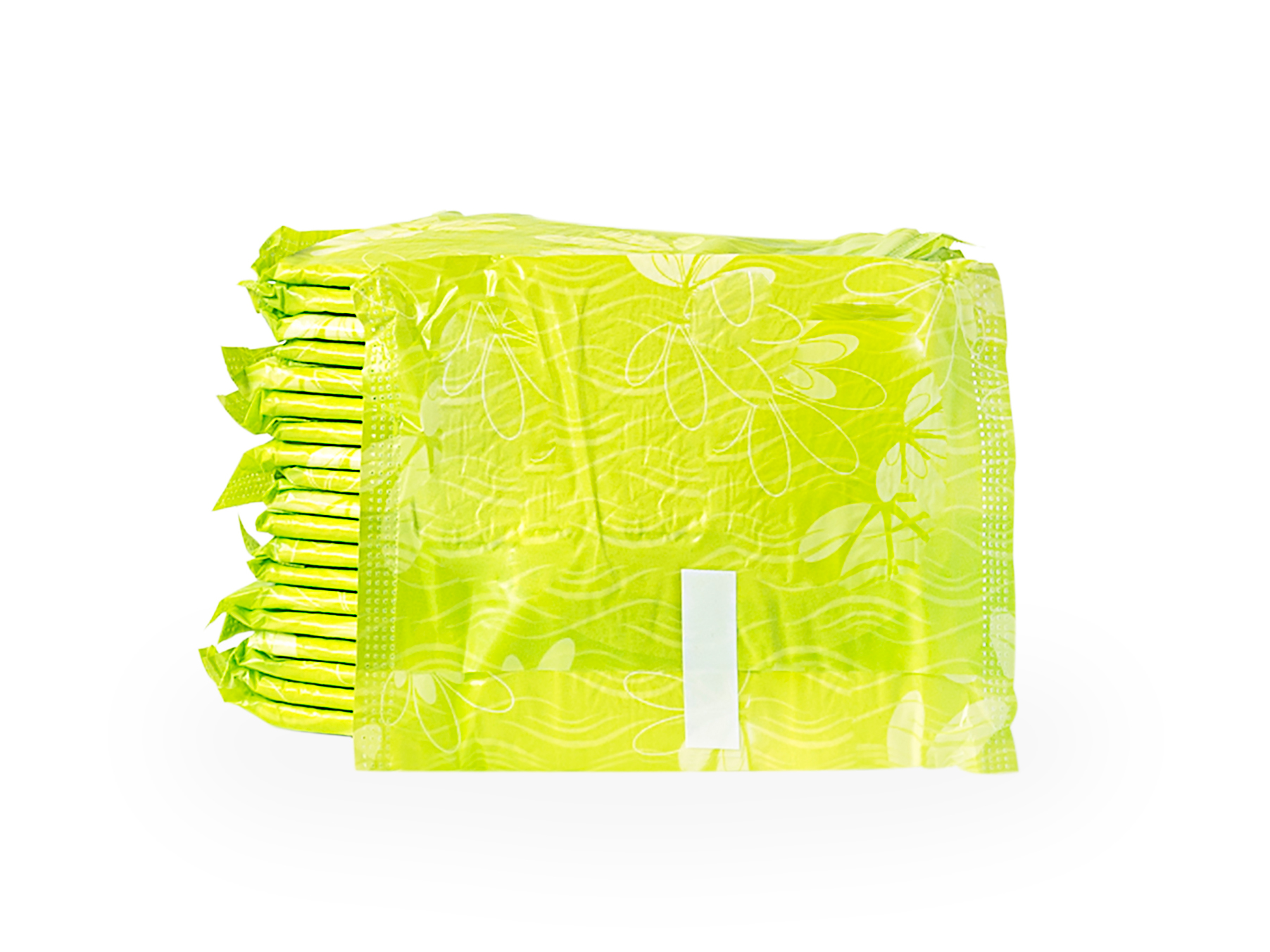Get Easy Health Digest™ in your inbox and don’t miss a thing when you subscribe today. Plus, get the free bonus report, Mother Nature’s Tips, Tricks and Remedies for Cholesterol, Blood Pressure & Blood Sugar as my way of saying welcome to the community!
The chemicals seeping into your most sensitive areas

If all your rooms are painted with VOC-free paint and you’ve splurged on phthalate-free shampoo, deodorant, laundry detergent and more, there’s something you need to know…
Those are fantastic first steps toward keeping yourself and your family safe from the potentially dangerous toxins.
But the problem with chemicals like volatile organic compounds (VOCs) and phthalates is they’re annoyingly inescapable.
Just when you’ve neutralized one potential exposure, they pop up somewhere else in your daily routine. And some sources of exposure are more dangerous than others….
Like anything that comes into contact with your lady parts.
You may not know this, but your genitals are highly absorbent when it comes to chemicals. In fact, the rate of chemical absorption in your genitals is 300 times higher than the rate of absorption in your feet.
Unfortunately, research has shown that several products used in this sensitive area, like sanitary pads, tampons, bladder leak pads, pantyliners and diapers (adult and child versions), are filled with VOCs and phthalates. And these chemicals are seeping into reproductive systems like nobody’s business.
Most pads and diapers contain problematic chemicals
In 2017, South Korea media outlets uncovered a disconcerting story you may have missed….
Sanitary pads were causing strange symptoms in women, like menstrual irregularities, infections, rashes, and bad cramping. Eventually, more than 15,000 women filed a class-action lawsuit against a sanitary pad company called Lillian. But the story doesn’t stop there…
This sudden and alarming issue with sanitary pads in South Korea prompted researchers in the U.S. and other countries to explore the dangers of pads further. And what they uncovered is unsettling, to say the least…
Most of these kinds of products contain dangerous chemicals like VOCs and phthalates. And we’re placing them near one of the most absorbent areas of our body.
‘Personal’ care danger
A study published in the journal Reproductive Toxicology tested 11 brands of sanitary brands and four brands of diapers from a variety of countries, including the U.S.
All 11 brands of sanitary pads contained two types of phthalates and the VOC xylene. Nine brands also contained the VOC toluene and two brands contained the VOC methylene chloride.
All four brands of diapers tested contained two types of phthalates (one contained three). Plus, they all contained the VOCs toluene and xylene.
Now, VOCs raise the risk of asthma, several types of cancer and reproductive problems. And phthalates are tied to endocrine disruption, cancer and birth defects. So, why on earth would you want these chemicals in close proximity to your sensitive and highly-absorbent nether regions?
Protecting yourself and loved-ones from dangerous pads and diapers
Research has estimated that tampon use could be responsible for 15% of our total phthalate exposure. Pantyliner use could be contributing nearly 10% and pads roughly 3% of our overall phthalate exposure.
Whether you’re at the age where you’re menstruating or not, this study likely applies to you. Many menopausal and post-menopausal women continue to use some of these products.
Besides, you’ve probably used pads or tampons for much of your life. That means your body has been exposed to these chemicals for decades and the repercussions could still affect you, even if you don’t use them anymore.
One study analyzed urine samples of over 1,660 people for both urinary phthalate metabolites and BPA and compared them to the thyroid hormone levels in their blood. They discovered that the more BPA and phthalates in their body, the lower their thyroid levels.
In other words, the more of these chemicals — phthalates and BPA — you have in your body, the less likely your thyroid will work properly.
If you’re looking for chemical-free options for yourself or your loved ones, there are quite a few clean products on the market. The Honest Company sells organic pads, tampons, and diapers.
Editor’s note: Have you heard of EDTA chelation therapy? It was developed originally to remove lead and other contaminants, including heavy metals, from the body. Its uses now run the gamut from varicose veins to circulation. Click here to discover Chelation: Natural Miracle for Protecting Your Heart and Enhancing Your Health!
Sources:
- Diapers and Pads May Be Leaching Chemicals Into Our Bodies — Sierra Magazine
- Sanitary pads and diapers contain higher phthalate contents than those in common commercial plastic products — Reproductive Toxicology
- How diapers and menstrual pads are exposing babies and women to hormone-disrupting, toxic chemicals — Environmental Health News
- Rate of Absorption — The Center for Construction Research and Training













